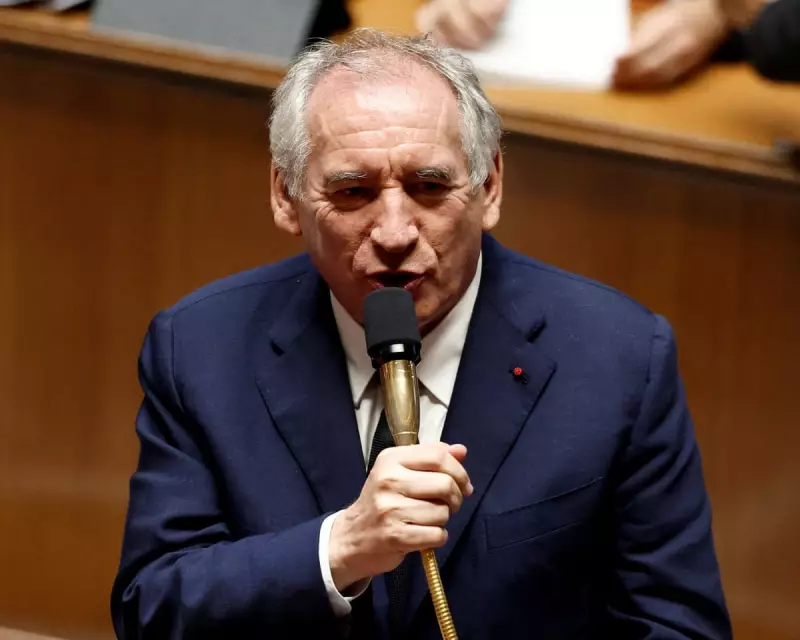
In a dramatic political upheaval that has sent shockwaves through the Élysée Palace, French Prime Minister François Bayrou has been forcibly ousted from office after suffering a humiliating defeat in a parliamentary confidence vote.
The stunning reversal came after Bayrou failed to secure the backing of the National Assembly, with lawmakers delivering a brutal verdict on his leadership just months after his appointment by President Gabriel Attal.
Political Earthquake in Paris
The confidence vote, a crucial test of the government's authority, exposed deep fractures within France's ruling coalition. Bayrou, a veteran centrist politician who had positioned himself as a stabilising force, found himself abandoned by key allies as the vote unfolded.
Political analysts had been predicting turbulence, but few anticipated the comprehensive nature of Bayrou's defeat. The result represents a significant blow to President Attal, who had personally championed Bayrou's appointment as Prime Minister earlier this year.
Immediate Aftermath and Succession
Within hours of the vote, President Attal moved swiftly to contain the political damage, accepting Bayrou's resignation and initiating urgent consultations to form a new government. The Élysée Palace announced that a successor would be named imminently, with former Prime Minister Édouard Philippe emerging as a leading contender.
The timing could hardly be worse for the French administration, coming amid ongoing economic challenges and delicate negotiations over European policy matters. The uncertainty has already sparked concerns in financial markets, with the euro dipping against major currencies following the announcement.
What This Means for France's Future
This political crisis threatens to derail President Attal's legislative agenda and undermines France's position within European leadership circles. The incoming prime minister will face immediate pressure to consolidate parliamentary support and restore stability to the administration.
Observers note that the confidence vote defeat reflects broader discontent with the government's direction and raises serious questions about Attal's political judgement in appointing Bayrou. The coming days will be critical in determining whether France faces a period of prolonged political instability or can quickly reestablish governmental authority.
As night fell on Paris, the corridors of power echoed with urgent negotiations and whispered speculation about who would next occupy Hôtel Matignon—and whether they could survive where Bayrou had so dramatically failed.





